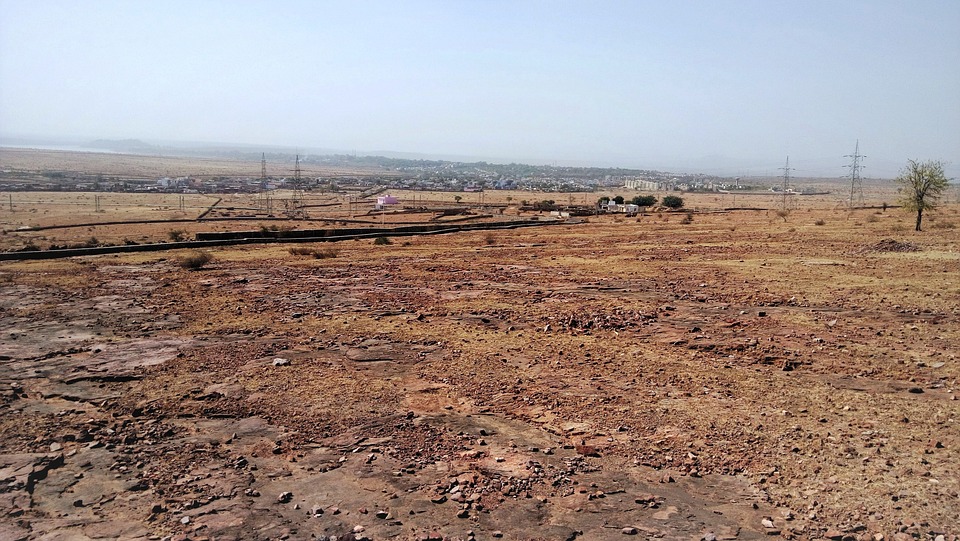Introduction
Creating a healthy garden requires more than just planting colorful flowers and tasty vegetables. The secret lies in the foundation of your garden – the soil. Well-nourished soil is the key to vibrant plant growth and overall garden success. By implementing essential soil care tips, you can ensure your garden thrives. Read on to discover the foundation of healthy gardens!
1. Start with a Soil Test
Before you embark on any soil care regimen, it’s important to understand your soil’s composition. Conduct a soil test to determine its pH level, nutrient content, and composition. This test will guide you in taking the necessary steps to optimize your soil’s health. Local cooperative extension offices or gardening centers typically offer soil testing services or kits for at-home testing.
2. Improve Soil Structure
Soil structure refers to the arrangement of particles within the soil. To improve soil structure, add organic matter such as compost, well-rotted manure, or leaf mold. These amendments break up compacted soil, improve drainage, and enhance overall soil fertility. Incorporate organic matter into the top few inches of the soil to provide a healthy environment for plant roots.
3. Maintain Proper Moisture Levels
Proper moisture levels are crucial for healthy gardens. Regularly water your plants and monitor the soil moisture. Over- or under-watering can lead to root diseases or stunted growth. Water deeply and infrequently, encouraging plant roots to grow deeper. Applying a layer of mulch around plants helps retain moisture and suppress weeds.
4. Provide Adequate Drainage
Ensuring adequate drainage is essential for healthy soil. Poorly drained soil leads to waterlogged roots, causing root rot and other diseases. If you have heavy clay soil, it may be necessary to amend it with organic matter to improve drainage. Additionally, avoid overwatering and implement tools like raised beds or container gardening to maintain proper drainage.
5. Avoid Soil Erosion
Soil erosion can strip away vital nutrients and damage the foundation of your garden. Protect your soil by implementing erosion-control measures such as planting cover crops, installing landscape fabric, or using contouring techniques on slopes. These methods help retain soil moisture and prevent erosion from wind or water.
6. Practice Crop Rotation
Crop rotation is a key soil care practice that helps prevent disease and soil nutrient depletion. Rotating crops from year to year in different areas of your garden helps break pest and disease cycles. It also allows different plants to utilize different nutrients, reducing the risk of nutrient deficiencies. Plan your garden layout accordingly, keeping track of which plants were located in each area throughout the years.
FAQs
Q: How often should I conduct a soil test?
A: It is generally recommended to conduct a soil test every 2-3 years, or whenever you notice nutrient deficiencies in your plants.
Q: Can too much organic matter harm the soil?
A: Yes, excessive organic matter can disrupt the soil structure and nutrient balance. It’s best to follow guidelines for the appropriate amount of amendments based on your soil type and the crops you’re growing.
Q: What are some natural mulch options?
A: Organic mulch options include wood chips, straw, shredded leaves, grass clippings, or compost. Choose materials that suit your preferences and are readily available in your area.
Q: Why is crop rotation important?
A: Crop rotation helps manage pests and diseases, prevents nutrient depletion, and keeps your soil healthy and fertile over the long term.




